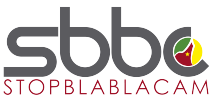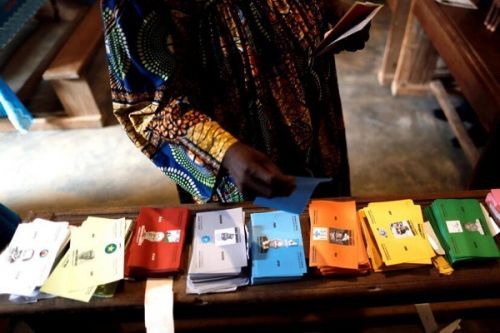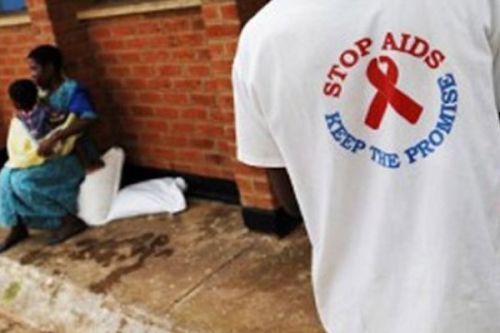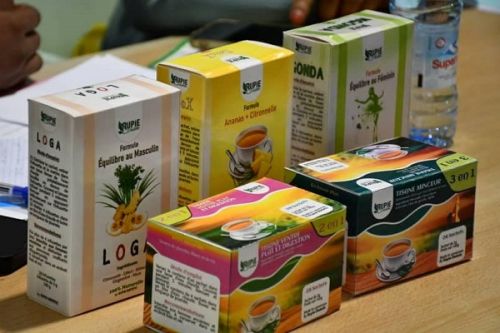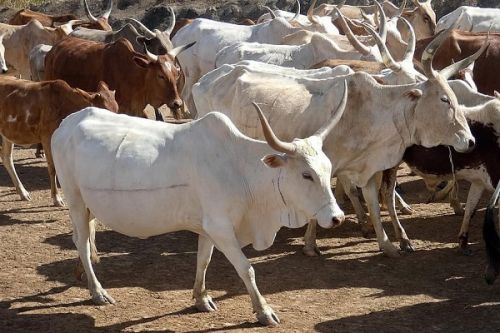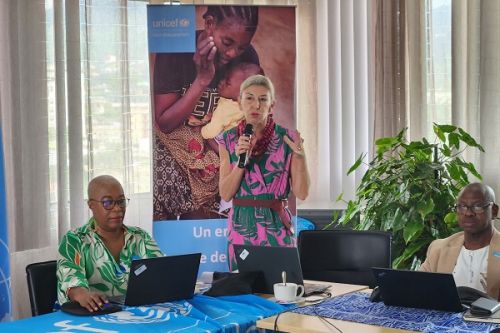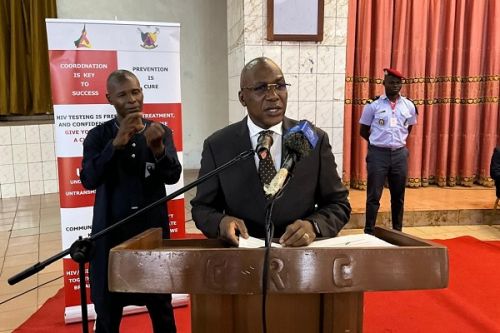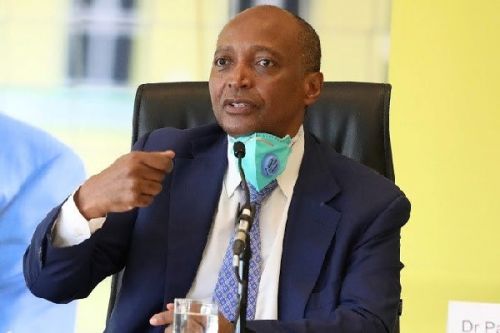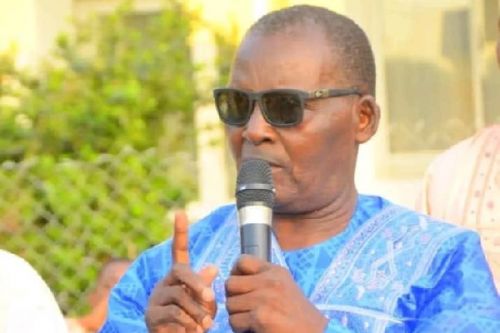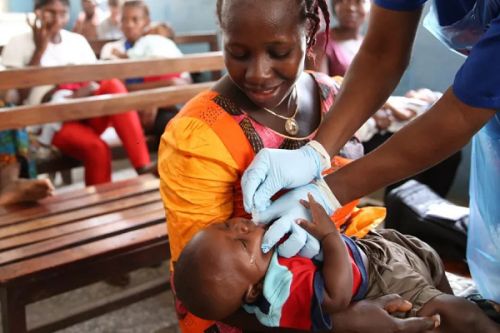Ahead of Cameroon’s 2025 elections, the Cameroonian association Civic Watch is hosting a two-day conference in Yaoundé. The event, part of its #defyhatenow initiative, aims to prevent misinformation and influence campaigns from disrupting public discourse and social unity. Scheduled for March 27-28, the conference is themed “Combating digital threats to elections in Cameroon: strategies for fighting misinformation during election periods”.
Elections are pivotal moments for democratic societies. However, recent electoral processes have been marred by widespread disinformation, electoral manipulation, rising hate speech, and targeted harassment of political figures. Cameroon is not exempt from these risks. During the 2018 presidential election, internet users were flooded with fake news and hate speech, exacerbating socio-political and tribal tensions. With the increasing use of the internet, AI, and influential social networks like TikTok in Cameroon, the 2025 presidential elections pose a potential threat to peace-building and social stability.
The conference aims to spark public debate on the root causes and manifestations of disinformation and its impact on Cameroon. It seeks to rally all stakeholders towards socio-political stability, good governance, democracy, and peace in Cameroon during the pre-election, election, and post-election periods. The event will discuss best practices for promoting fact-checking in Africa with guest experts from Kenya, South Africa, and Nigeria, drawing on their countries’ experiences in combating misinformation and online hate speech during elections. Notably, Nigeria and Kenya were targeted by Cambridge Analytica, a British political consultancy firm, in 2015 and 2017 respectively, in attempts to sway general elections via Facebook, Twitter, and WhatsApp.
The conference is expected to be attended by public and private institutions, political parties, diplomatic missions, international and national organizations, higher education institutions, media associations, and founders of digital platforms with large followings. This includes fellows of the Africa Fact-checking Fellowship (#AFFCameroon), a Civic Watch program that promotes fact-checking, data journalism, and digital rights to journalists, bloggers, content creators, and community leaders in Africa. “Our goal at the end of this conference is to propose more effective preventive and reactive responses to guide future efforts to protect electoral integrity and prevent electoral violence,” says Ngala Desmond Ngala, Country Project Manager of #defyhatenow.
Patricia Ngo Ngouem
